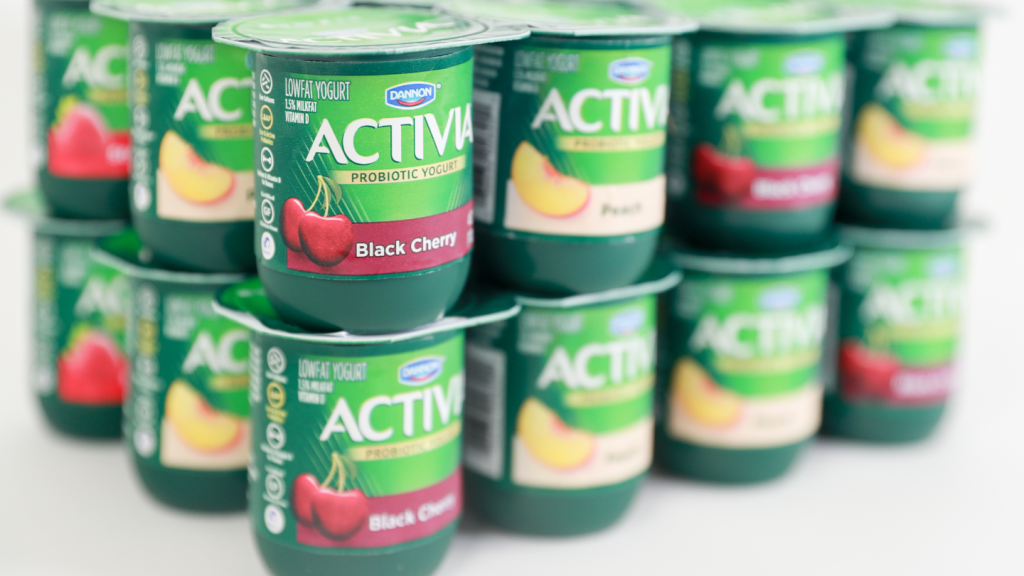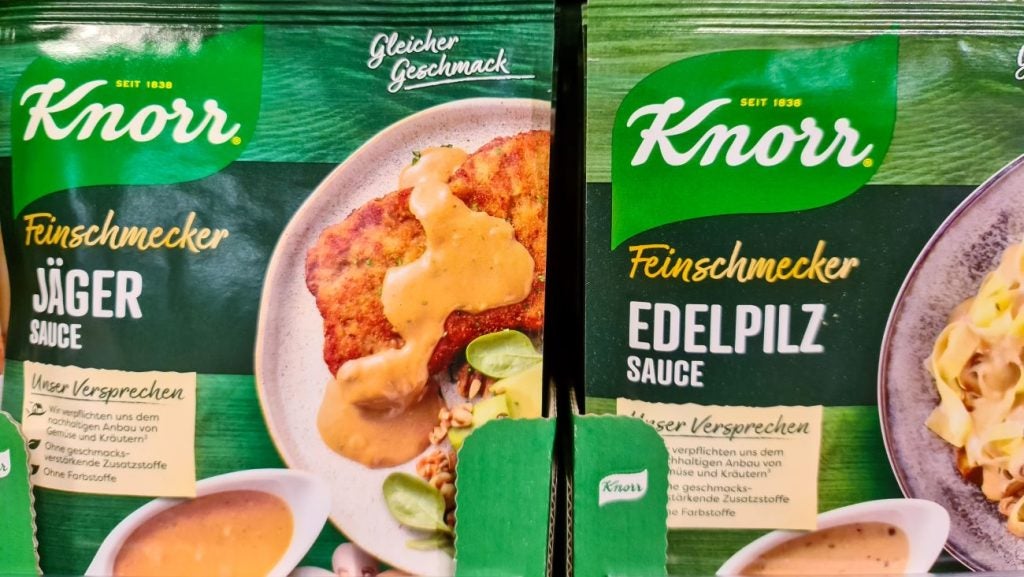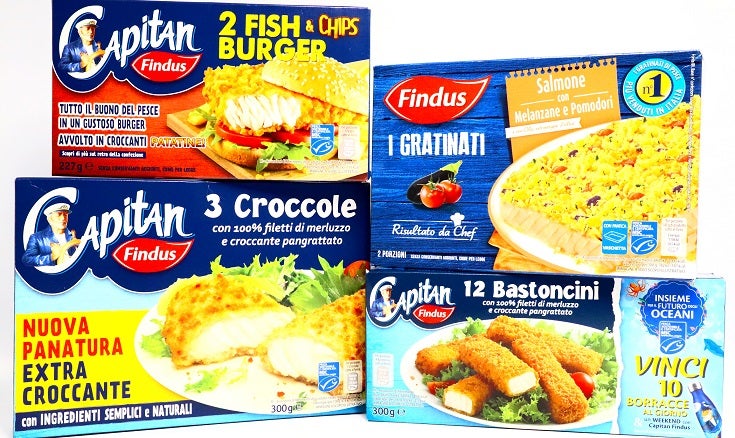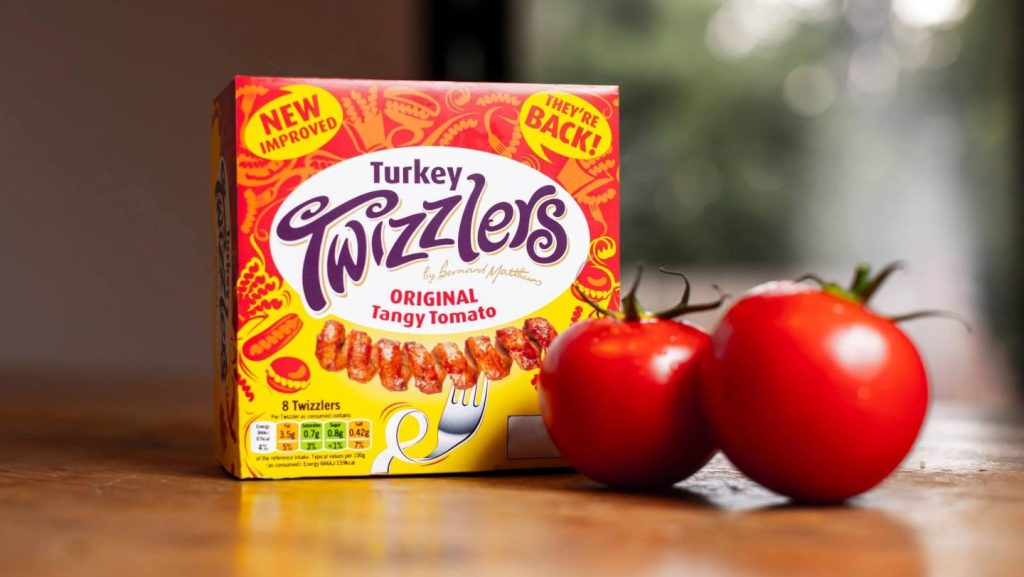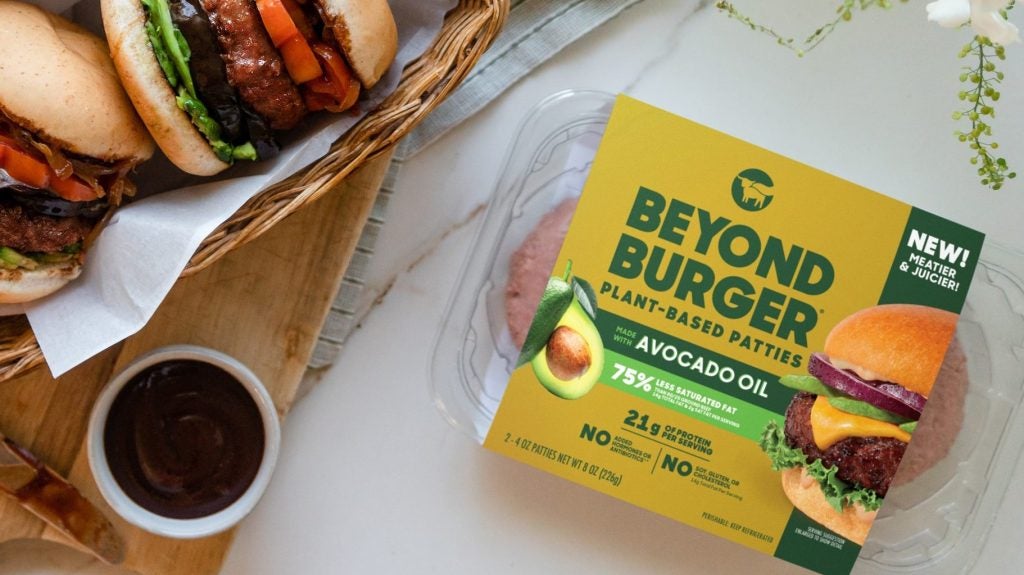The US Food and Drug Administration (FDA) has decided to allow yogurt makers to highlight that their products may reduce the risk of type 2 diabetes.
The FDA said it would not object to certain claims provided the “qualified health claims are worded so as not to mislead consumers, and that other factors for the use of the claim are met”, according to a statement today (1 March).
The food safety regulator defined a qualified health claim as one “supported by scientific evidence but does not meet the more rigorous ‘significant scientific agreement’ standard required for an authorised health claim”.
Dairy giant Danone had submitted a qualified health claim petition to the FDA asking the agency to review the correlation between yogurt consumption and the reduced risk of type 2 diabetes. The FDA has now determined there is “credible evidence” supporting this relationship.
The minimum amount for this claim to be credible is three servings of yogurt per week, according to the US regulator.
The decision comes as more US citizens are resorting to GLP-1 weight-loss drugs to battle the disease.
A survey carried out by US investment bank Stifel in November highlighted the growing use of GLP-1 weight-loss drugs.
Stifel concluded there is a risk to the packaged food sector from the increased usage of the drugs, the most prominent being Ozempic and Wegovy made by Danish pharmaceutical company Novo Nordisk.
Recent research from Trilliant Health revealed that some nine million Americans were taking a GLP-1 anti-obesity drug as of the end of 2022, and Stifel’s survey suggests that figure could now be much higher.
The bank’s research revealed that 15% of respondents over a three-survey average used a GLP-1 drug, with an additional 21% reporting they would be interested in using one if they were universally FDA-approved for weight loss, had proven results, and became widely available.


